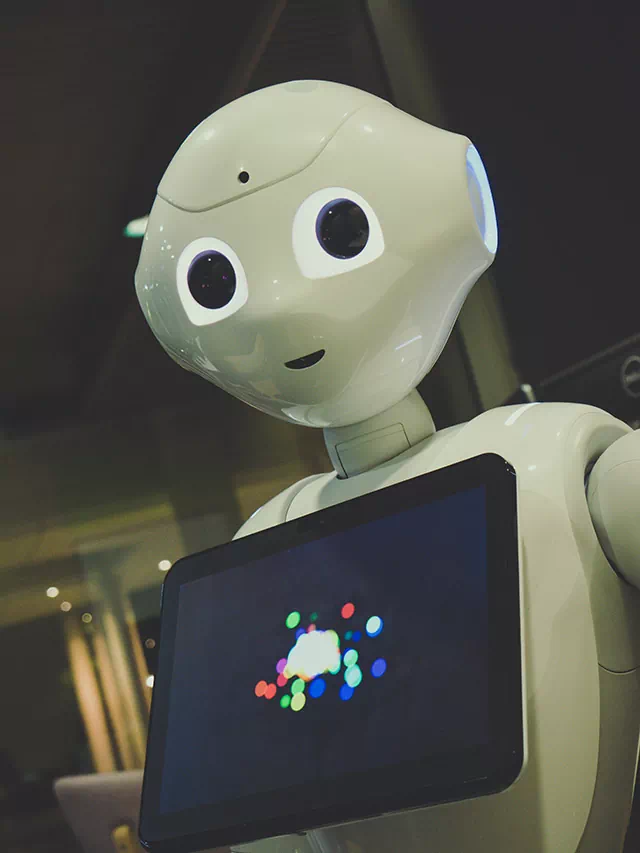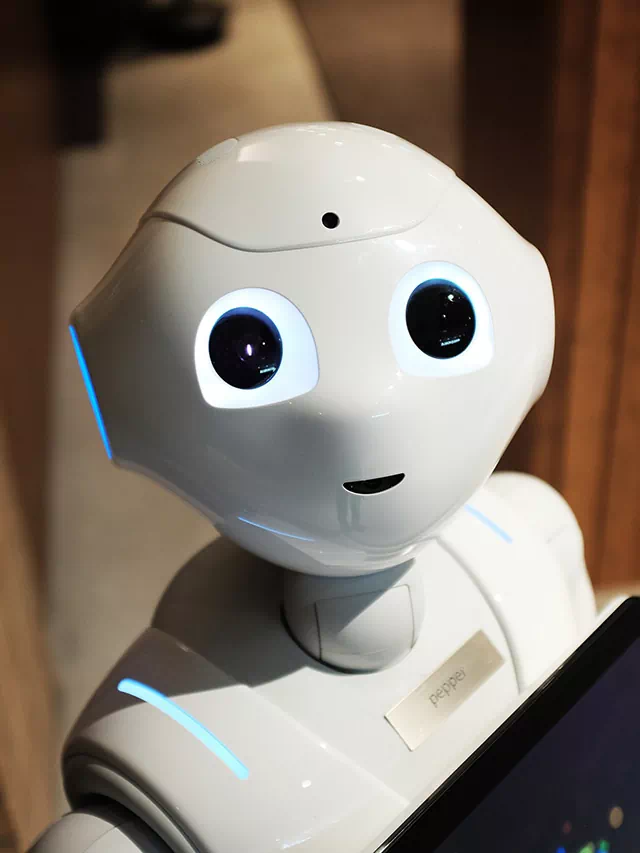The rise of artificial intelligence (AI) has brought many benefits to society, including improved efficiency and accuracy in a range of industries. However, it has also raised concerns about the potential for job losses as tasks previously performed by humans are automated. While not all jobs are equally at risk, some are more vulnerable than others.
One of the industries most at risk of job losses due to AI is manufacturing. Assembly line workers, machine operators, and other roles that involve repetitive tasks are likely to be automated in the coming years. In fact, many of these jobs have already been replaced by robots and other automated technologies.
Another industry that may be impacted by AI is transportation. With the rise of autonomous vehicles, the need for truck drivers, taxi drivers, and other transportation workers may decrease. However, it’s worth noting that the widespread adoption of autonomous vehicles is still several years away, and there may be opportunities for workers to retrain or transition to new roles.
Customer service is another area that may be impacted by AI. Chatbots and other automated technologies are increasingly being used to handle customer inquiries and support. While these technologies may improve efficiency and reduce costs for businesses, they may also lead to job losses for customer service representatives.
In the financial services sector, AI is already being used to automate tasks such as data entry and analysis. This could lead to job losses for roles such as bank tellers and financial analysts. However, it’s also creating new opportunities for workers with skills in data science and machine learning.
Other jobs that may be at risk from AI include data entry, telemarketing, and administrative support roles. These are all jobs that involve repetitive tasks that can be automated using AI and other technologies.
However, it’s important to note that not all jobs are equally at risk from AI. Jobs that require creativity, empathy, and human interaction are less likely to be automated in the near future. For example, jobs in healthcare, education, and the arts are less likely to be replaced by AI.
It’s important to note that the impact of AI on the job market will vary depending on the region and industry. For example, the use of AI in manufacturing may have a greater impact in countries where labor costs are high, while the impact may be less significant in countries where labor costs are lower.
Another factor to consider is the ethical implications of using AI to automate jobs. While AI can improve efficiency and accuracy, it can also perpetuate biases and discrimination. It’s important for companies and policymakers to consider these ethical concerns when adopting AI technology.
It’s also worth noting that while some jobs may be at risk from AI, new job opportunities are also emerging as a result of AI. For example, the development and maintenance of AI systems require skills in data science, machine learning, and other specialized areas. As AI becomes more prevalent in various industries, there will be a growing demand for workers with these skills.
Additionally, AI is creating new opportunities for workers to focus on tasks that require human skills, such as creativity, critical thinking, and problem-solving. As AI takes over repetitive and mundane tasks, workers will have more time and energy to focus on tasks that require human skills.
Furthermore, the adoption of AI technology can also lead to improvements in workplace safety and working conditions. For example, robots can be used to perform dangerous and hazardous tasks in manufacturing, reducing the risk of injury to human workers.
In conclusion, while the rise of AI may lead to job losses in some industries, it’s important to remember that it will also create new opportunities in others. Workers should focus on developing skills that are difficult to automate, such as creativity and human interaction, and consider retraining or upskilling to prepare for new roles. Companies and policymakers should work to ensure that the adoption of AI technology is fair and equitable and consider the potential impact on workers when making decisions about automation.


